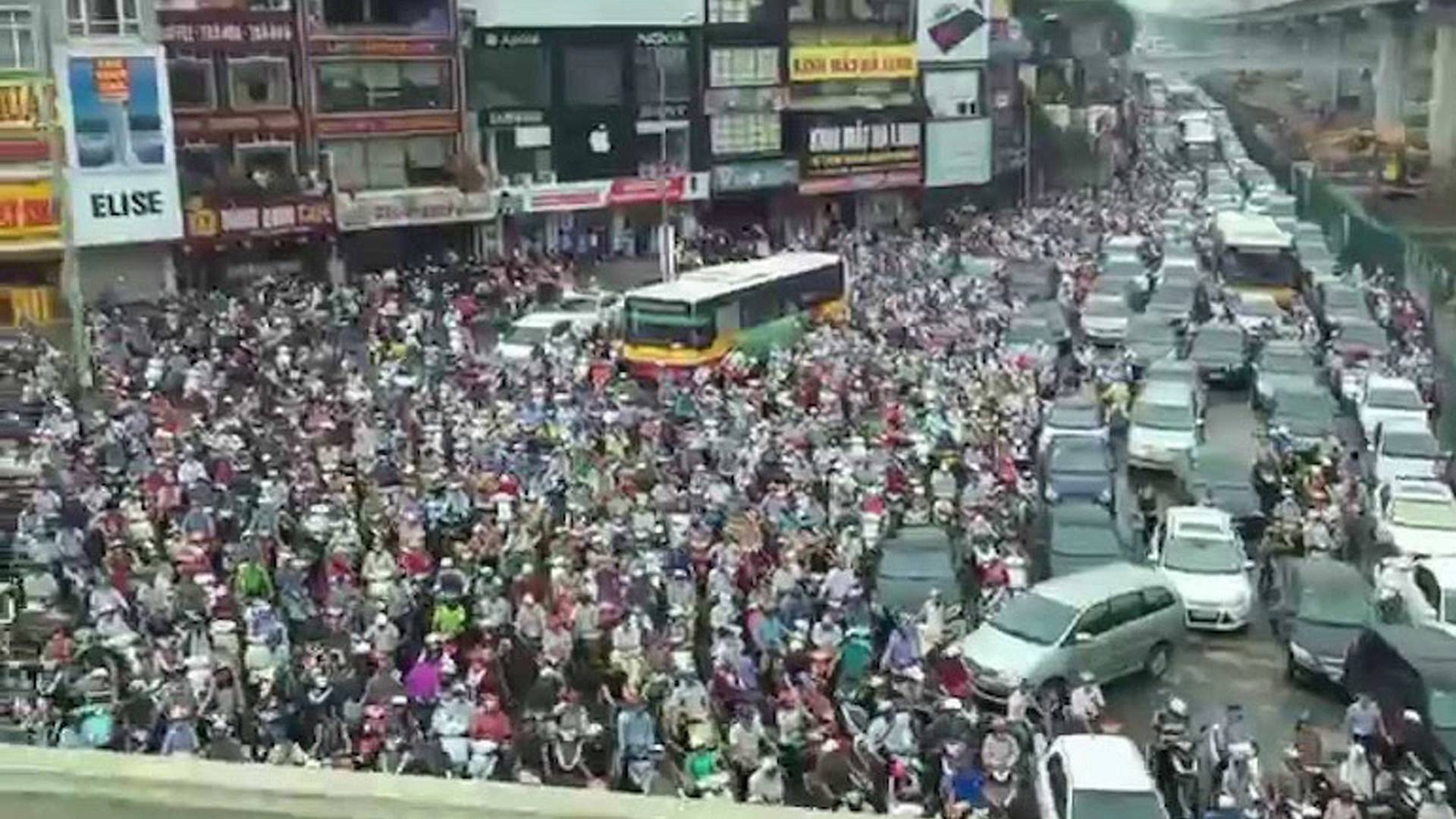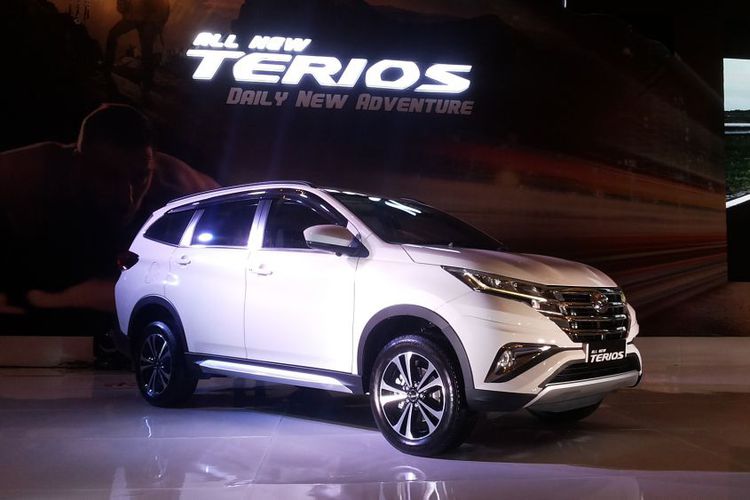The Challenge of Banning Motorcycles in Hanoi
Call me cynical, but there’s no way this is happening in the outlined timeframe. Hanoi is the only place I’ve ever lived where it seems like there are more motorcycles than people. I know that sounds like a crazy idea, but essentially all you see on the roads in the city center are motorcycles, and when you look at the sidewalk, it’s overflowing with even more motorcycles.
So, when I learned that Vietnam plans to ban fossil-fuel motorcycles in Hanoi from July 2026, something stank, and you’ll see why. The reason it seems like there are more motorcycles than people is due to the fact that there almost are. Hanoi has a population of eight million residents, but the city has almost seven million motorcycles and just over one million cars. Rough maths would tell you that about 88% of the people living in Hanoi ride motorcycles. Of course, you can imagine how bad the pollution is in the city center, which is where the first phase of the ban will focus. So, the reasoning is sound.
But sound reasoning means nothing when you’re trying to rid a city of its main mode of transport in just one year, and without a solid plan. Actually, to say there’s a plan at all is offensive to the idea of plans, in general. The general gist seems to be to introduce stricter penalties for violators, and to reward whistleblowers for reporting environmental breaches. Alongside these measures to curb pollution, the local government will use digital tools to monitor air quality and upgrade the waste-treatment plants. It feels like it’s going to take a hell of a lot more than this to rid Hanoi’s city center of ICE motorcycles in just 12 months.
The Impact on Daily Life and Economy
It’s not just the sheer number of motorcycles in Hanoi that’s the problem; it’s what the people there rely on them for. Food delivery companies rely almost entirely on motorcycle riders, and motorcycle taxi services are also a huge part of the local economy. So the local government isn’t just taking away the way residents get to work; it’s also taking away their jobs.
Nguyen Van Hung, 62, who has worked as a motorcycle taxi rider for 30 years and now works with Grab, a ride-hailing app widely used across Southeast Asia, said, “It will affect people who rely on motorbikes to earn a living… How can people just discard their vehicles?” His words highlight the deep-rooted reliance on motorcycles for both transportation and income.
The Role of Electric Vehicles
Vietnam’s biggest EV manufacturer is VinFast, which ranks #1 in terms of revenue among publicly listed Vietnamese firms. VinFast’s parent company, Vingroup, is the largest private enterprise in Vietnam. Needless to say, if the push to phase out ICE motorcycles in Hanoi goes through, both companies stand to gain a lot. This raises questions about the motivations behind the policy and whether it’s truly aimed at improving the environment or simply benefiting a powerful private sector.
Challenges Ahead
The transition to electric vehicles (EVs) may seem like a logical step, but it comes with its own set of challenges. For one, the infrastructure needed to support widespread EV adoption is still underdeveloped. Charging stations are scarce, and the cost of EVs remains prohibitive for many residents. Additionally, the cultural shift from traditional motorcycles to electric alternatives is not something that can be accomplished overnight.
Moreover, the sudden ban could lead to significant social unrest. Many residents have invested heavily in their motorcycles, both financially and emotionally. The idea of discarding these vehicles without a viable alternative is not only impractical but also potentially disruptive.
Conclusion
In conclusion, while the goal of reducing pollution in Hanoi is commendable, the proposed timeline and lack of a comprehensive plan raise serious concerns. The city’s unique dependence on motorcycles for both daily life and economic activity makes any abrupt change extremely challenging. Without proper planning, support, and infrastructure, the ban could do more harm than good, leaving many residents and workers in a difficult position. The road ahead for Hanoi is fraught with obstacles, and it remains to be seen whether the city can successfully navigate this transition.







